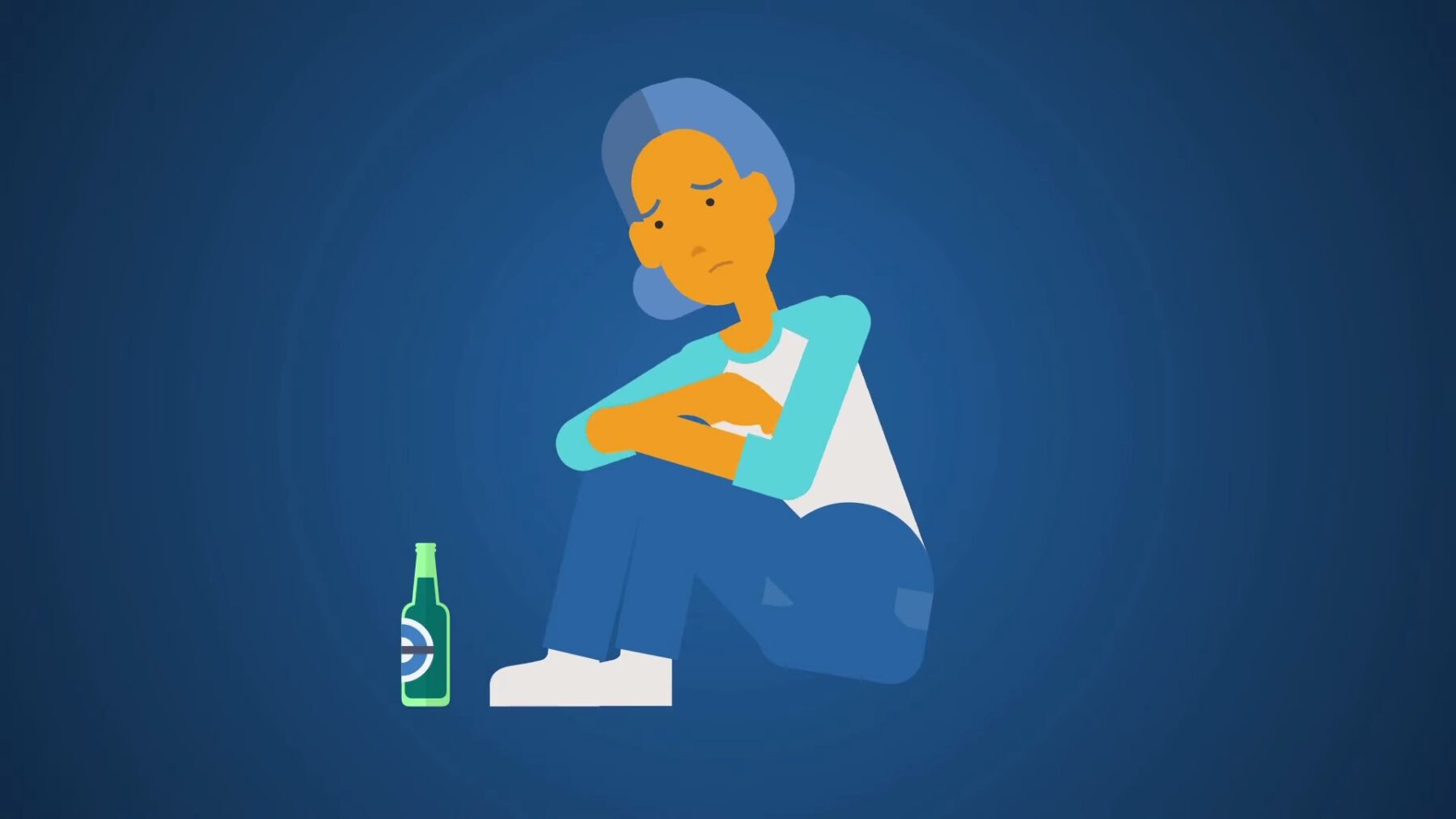What is Trauma?
Many think of trauma as specific sudden event that has some negative effect on the individual. When we think of trauma in terms of mental health, we often imagine PTSD (Post-traumatic Stress Disorder) or veterans returning from war. However, trauma is also experienced by those of all ages in ongoing ways and the result can be incredibly devastating.
What is Complex Trauma?
Complex Trauma is a term that has been developed to describe interpersonal trauma that occurs multiple times or over an extended period of time to young children. It is similar to a PTSD diagnosis but does not fully meet the criteria as PTSD describes a specific event that causes prescribed behaviors or responses, rather than a prolonged trauma that affects the development of a child.
Complex Trauma goes further than defining the type of trauma and explains how the exposure leads the child to experience long term issues with self image, attachment and both mental and physical development.
Complex trauma is not a disorder that is recognized by the American Psychiatric Association or included in the DSM 5, however, there has been significant research and a professional recognition of this condition and its effects. It is estimated that trauma affects as many as 3 million children in the United States annually.
What Causes Complex Trauma?
The type of trauma that can develop into complex trauma is described as interpersonal, occurring over an extended period or happening numerous times while being intrusive in nature. It must have an early onset, starting in early childhood.
This can occur in a number of ways:
- A child may experience ongoing sexual or physical abuse or witness physical or emotional domestic abuse.
- A child could be exposed to violence the community.
- The experience living through a war or natural disaster.
- Abandonment by a parent or being subjected to severe neglect may all cause complex trauma.
- Becoming a refugee.
Because these individuals are so young, the traumatic experience(s) inhibit their neurological development. Brain development is actually affected and the mental and psychological consequences are huge and long lasting.
How a Child is Affected by Complex Trauma
Most of these children have an inability to appropriately manage or take care of themselves during future stressful times.
Whether there is an acute stressor or simply day to day life occurrences, they cannot cope appropriately due to their childhood trauma and turn to other means to provide support.
These individuals will use other sources such as institutional settings or substance abuse as inappropriate coping behaviors. Drug addiction treatment for troubled teens who have experienced complex trauma is often needed.
There is frequently a perpetuation of victimization or a cycle of abuse that occurs: the abused child grows up and becomes the next generation’s abuser.

Increased Risk of Substance Abuse & Addiction with Underlying Trauma
As complex trauma is not a specified disorder, children who fall into this categorization are often diagnosed with a host of other comorbid diagnoses. The most common are:
- Depression
- Anxiety
- Oppositional Defiance Disorder (ODD)
- Attention Deficit Hyperactivity Disorder (ADHD or ADD)
What these diagnoses do not encompass is the high likelihood of drug and alcohol abuse by this population starting as teens. Children with trauma may be treated for a co-morbid disorder, but never appropriately counseled for the true underlying problem.
Don’t Wait to Seek Counseling
The longer a child goes without appropriate counseling the worse overall mental health becomes and the more likely it is for them to develop a drug or alcohol addiction requiring institutionalized help or a teen drug rehab center.
No specific statistics are available for complex trauma as it is not a diagnosis health care practitioners can give out to patients. However, looking at the research for PTSD, substance abuse and physical and sexual abuse for children provides some sense of statistics for complex trauma.
It has been found that for children who have experienced abuse, there is a three times higher chance of drug and alcohol abuse.
Approximately 70% of those who will receive treatment for trauma also have a problem with abusing substances.
Medical professionals believe that these numbers would show a higher correlation if specific Complex Trauma research was conducted.
The Necessity of Complex Trauma Treatment
Complex trauma is not a specific set of symptoms that can be easily treated and resolved. The timeframe and manner in which it affects a child leave lasting unseen scars that alter brain development and processing. As the child grows up they struggle with stability and coping with normal life events.
Adolescence and young adulthood can result in an escalation of risky behavior and dangerous coping mechanism. A teen with complex trauma will not only benefit but will require counseling that is tailored to his or her needs. Drug and alcohol addiction pose a major threat to these teens and a drug rehab center is often needed.
Substance Abuse, Addiction, & Trauma Treatment
If you or a teen you know appears to be suffering from complex trauma, intervention is likely necessary. The sooner treatment is started, the more productive it will be in alleviating the developmental effects of this condition. If addiction or substance abuse is involved, counseling for this specific issue will be needed.
Finding a troubled teen drug treatment program that can cater to the specific population of those with complex trauma will be essential. We are available to help you and your loved one through the steps of treatment and offer support along the journey.


Online Treatment Programs
Our virtual IOP program offers the same programming that we offer in person, all online – this is ideal for those who live too far to drive to an addiction center, have transportation issues, or have health concerns that make in-person treatment challenging.




